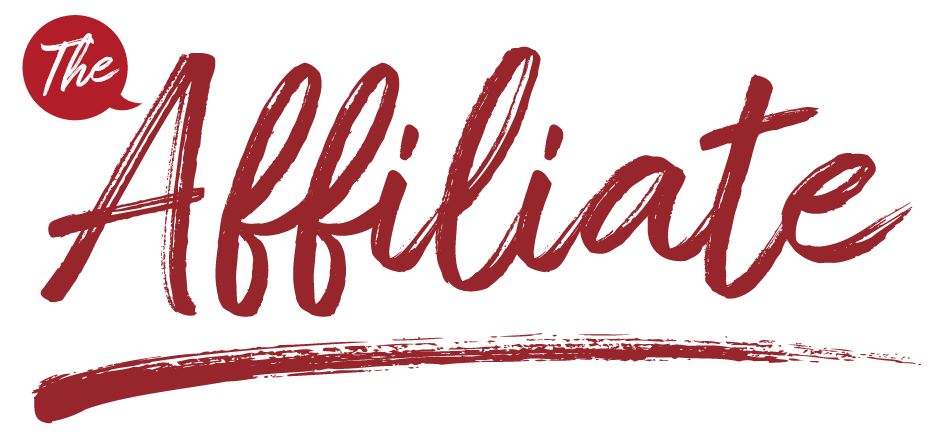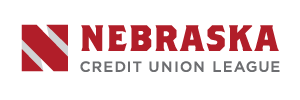Creighton Federal Credit Union was visited by two key staff members of U.S. Senator Deb Fischer’s office who advise Senator Fischer on banking issues. Michael Sinacore, banking legislative aide, and Daniel Gomez, legislative correspondent, made a visit to the credit union on August 13th. During the visit, Creighton FCU president/ceo Tom Kjar highlighted their service to members. Kjar highlighted a program that the credit union is partnering with Creighton University on that helps single mothers struggling to make ends meet and improve their financial outcomes. The program is called The Financial Hope Collaborative and is headed up by Julie Kalkowski of Creighton University.
The single mothers in the program must be at or below 200% of the poverty line and the average salary of participants is $23,127. Participants complete a nine-week financial education course called the Financial Success Program as well as continual financial counseling for a year. Following completion of the program, participants can visit the credit union to consolidate their debts to get a better interest rate as well as utilize all the financial services including online financial education tools offered by the credit union.
Honey Creek Resources, Inc. studied the women in the course during their initial year and found that prior to the program, roughly three-fourths of the those studied felt that they were unable to cover their living expenses. Additionally, 62% of those studied felt they were unable to save and only 3% said they save regularly. After the program, 55% said they could cover living expenses and 30% said they were able to save money regularly. Furthermore, prior to the study just 24% said they keep a written budget but after the study 65% kept a written budget. Several outcomes provided by The Financial Hope Collaborative included:
–Utility shut-off notices dropped from 34% to 9%
–Overdrafts decreased from 41% to 16%
–Late bill paying dropped from 48% to 20% – saving an average of $78 per month
–Payday loans dropped from 23% to 4%
In addition to studying the financial outcomes of the program, they also studied the impact on participants health. They found that as the financial wellness of participants improved so did their health. Participants exercised more, had more funds to go to the doctor when needed due to increased savings and increased income, and visits to fast food restaurants decreased.


